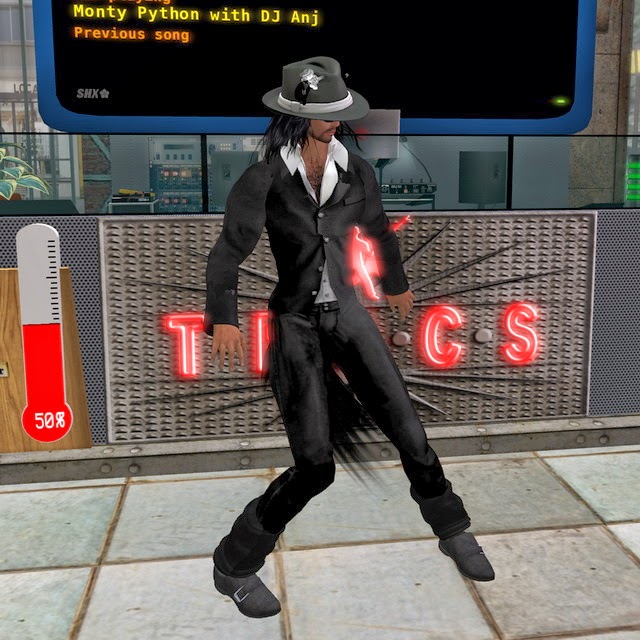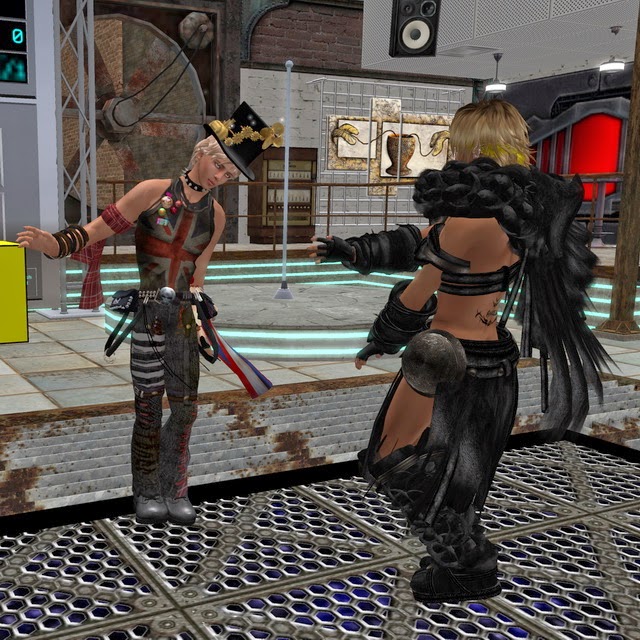Monty Python (sometimes known as The
Pythons) are a British surreal comedy group that created Monty Python's Flying
Circus, a British television comedy sketch show that first aired on the BBC on
5 October 1969. Forty-five episodes were made over four series. The Python
phenomenon developed from the television series into something larger in scope
and impact, spawning touring stage shows, films, numerous albums, several books
and a stage musical as well as launching the members to individual stardom. The
group's influence on comedy has been compared to The Beatles' influence on
music.

The television series, broadcast by the BBC
from 1969 to 1974, was conceived, written and performed by members Graham
Chapman, John Cleese, Terry Gilliam, Eric Idle, Terry Jones, and Michael Palin.
Loosely structured as a sketch show, but with an innovative
stream-of-consciousness approach (aided by Gilliam's animation), it pushed the
boundaries of what was acceptable in style and content. A self-contained comedy
team responsible for both writing and performing their work, the Pythons had
creative control which allowed them to experiment with form and content,
discarding rules of television comedy. Their influence on British comedy has
been apparent for years, while in North
America it has coloured the work of cult
performers from the early editions of Saturday Night Live through to more
recent absurdist trends in television comedy. "Pythonesque" has
entered the English lexicon as a result.
In a 2005 UK poll
to find The Comedian's Comedian, three of the six Pythons members were voted by
fellow comedians and comedy insiders to be among the top 50 greatest comedians
ever: John Cleese at #2, Eric Idle at #21, and Michael Palin at #30.
Here some famous Monty Python's sketches:
And the famous song from the movie "Life
of Brain":



























































